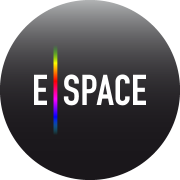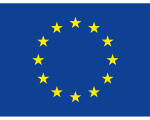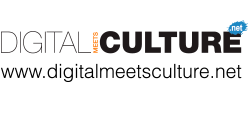Contemporary education, formal classrooms, museum educational programmes, lifelong learning are all increasingly embracing ‘the digital’. As more and more arts and culture artefacts become available in this digital space, it was only a matter of time before the two worlds, heritage and education, would find each other. But have they really?
Show & Tell & Touch: Digital Culture and Education is the second workshop organized by E-Space on education, and aims to reflect on how digital cultural content may be creatively re-used in an educational setting. This interactive and involved re-use not only improve the quality of education but engages younger audiences in a way more insync with their daily lives. Premiere speakers from around Europe discussed first class examples of digital culture education in practice, looked at current trends in the field as well as (European) politics and set the scene for facilitating reuse.
View here photos of the event, and access E-Space for Education website to download the presentations.
The video recordings are available below.
The programme and speakers:
Introduction to the day (Barbara Dierickx, PACKED vzw)
The Future Classroom Lab (Elina Jokisalo, European Schoolnet)
The E-Space project and its educational focus (Antonella Fresa, Promoter) – VIDEO
Examples of educational museum apps (Hildegarde Van Genechten, FARO) – VIDEO
Eduthèque: cultural resources for schools (Alain Thillay, French Ministry of Education) – VIDEO
Wiki in Schools (Stefano Caneva – Wikimedia IT/BE) – VIDEO
The E-Space educational demonstrators walk around, and presentation of the tools and thier educational dimension – VIDEO
The E-Space MOOC (Fred Truyen, KU Leuven) – VIDEO
#Europeana4Education (Milena Popova, Europeana) – VIDEO
Hybrid strategies for hybrid culture (Prodromos Tsiavos, OCC) – VIDEO
Panel discussion, moderated by Canon Cultuurcel – VIDEO
Session of Q&A – VIDEO 1, VIDEO 2
Wrap up by the E-Space project (Sarah Whatley, Coventry University)
This event was held at the Future Classroom Lab, an inspirational learning environment in Brussels, challenging visitors to rethink the role of pedagogy, technology and design in their classrooms. The educational demonstrators that have been created in the EuropeanaSpace project were showcased live in this experimental setting.
































